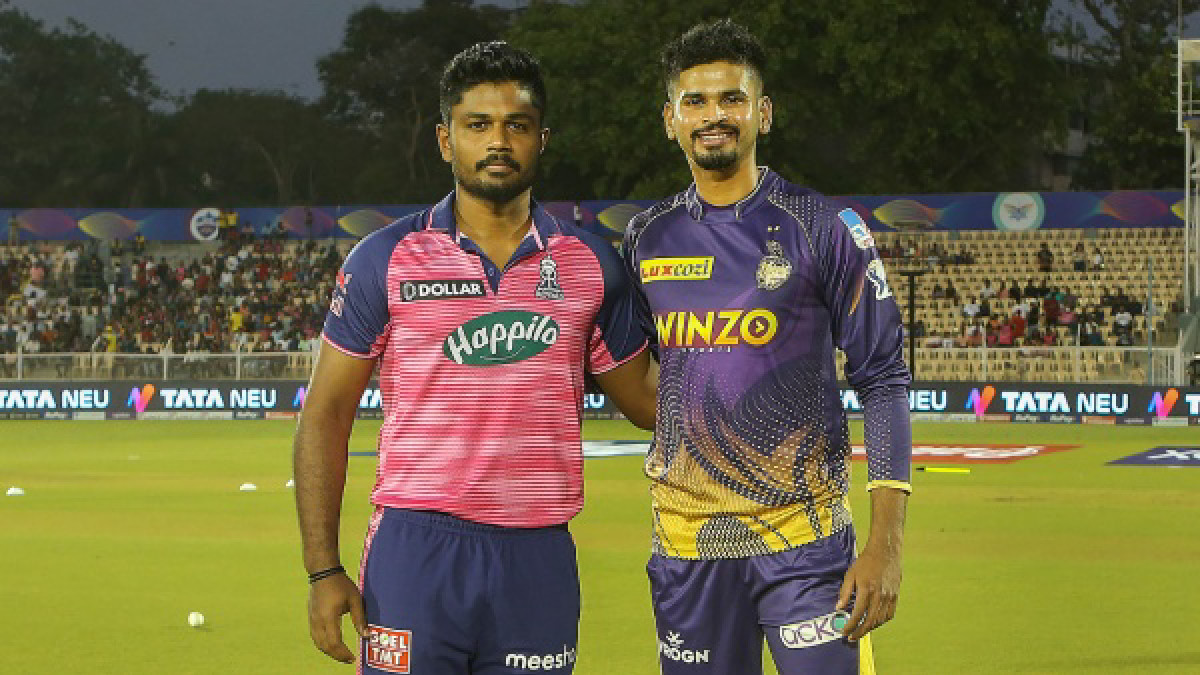
After losing triple talaq battle, AIMPLB looks to stay relevant through Sharia courts
New Delhi, July 10: The All India Muslim Personal Law Board has been mired in controversy ever since it proposed the setting up of Sharia courts in all districts in the country. The Centre has said that the move is not legally tenable and any debate to this effect is unnecessary.
The AIMPLB says that there are 40 such courts in Uttar Pradesh and the proposal is to open one in each district in the country. Experts argue that this is an unwanted controversy and the powers of a Sharia court have been well settled by the Supreme Court.

The AIMPLB which lost the battle in the Supreme Court in the triple talaq case is looking to stay relevant and hence such remarks are being made. The archaiach Muslim laws are coming under challenge and with the Supreme Court taking a modern approach, the powers of the Board are gradually reducing. Setting up Sharia courts is a move to retain control over the Muslim folk in the country, the experts point out.
The relevance of Sharia law:
The implementation of the Sharia law across the world has been propagated by the Taliban, Al-Qaeda as well as the Islamic State. They have argued that only this law is fair in nature and hence every nation must be governed by it.
In India, the Sharia courts have been ruling on matters pertaining to marriage and also those which require mediation. It is entirely up to the person in question to follow the verdict of a Sharia court or not.
The Supreme Court in 2014 had made it clear that the verdicts of the Sharia court are not legally binding. Islamic judges who interpret religious laws can only rule when individuals submitted voluntarily to them. Their decisions or fatwas are not legally binding.
The court also went on to say that Sharia courts are not sanctioned by law and there is no legality of fatwas in the country. In a nut-shell, the verdict means that there is no bar on Sharia courts. It also means that it is entirely up to an individual whether to follow the decision of the Sharia court or not.
It would also mean that the decisions of the Sharia court can be challenged and these courts are not parallel to the Indian Judiciary. The court made it clear that no religion is allowed to curb anyone's fundamental rights.
Experts argue that if the Sharia courts had been fair in nature especially towards the Muslim women, there was no need for a Shah Bano or a challenge to triple tally. The oppressed Muslim women anyway move the Supreme Court to safeguard their rights and in this context the Sharia courts make no sense.
In a nut-shell, it appears to be an unwanted controversy and clearly an attempt by the AIMPLB to remain relevant as more and more Muslim women take legal recourse before the Indian Judiciary.


 Click it and Unblock the Notifications
Click it and Unblock the Notifications


































